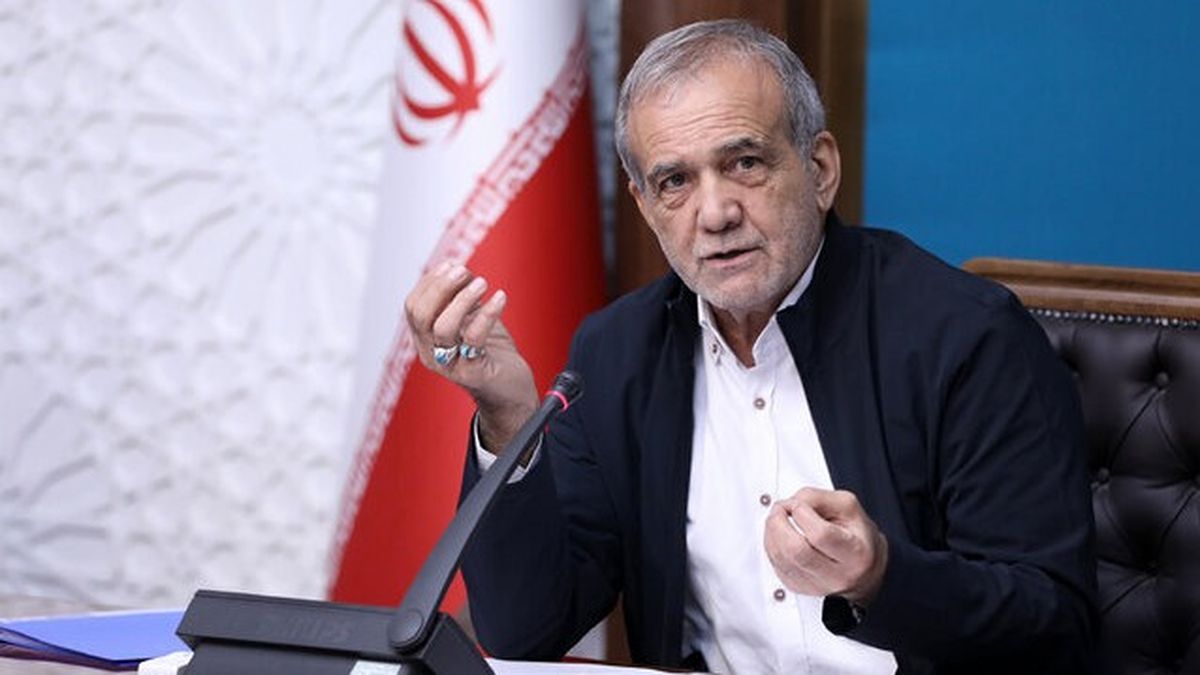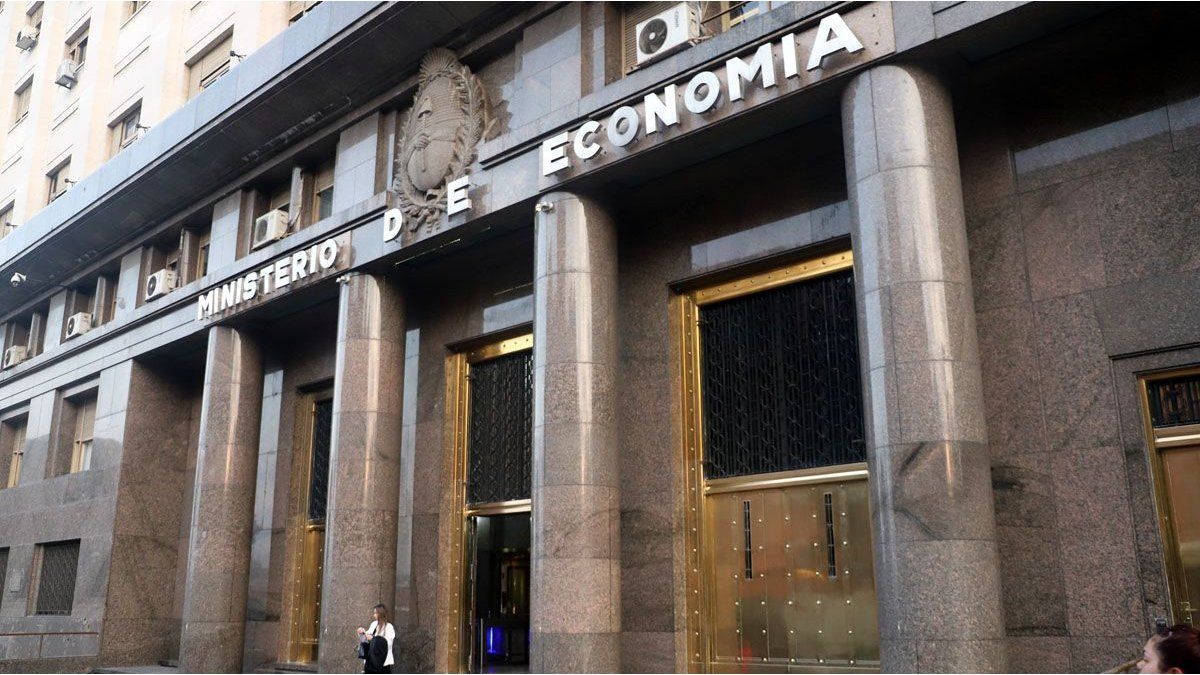Marcelo Elizondo: Within the dramatic context of humanitarian issues, in Argentina it will have different impacts. On the one hand, the rise in the prices of agricultural commodities is a favorable element for our country because more will be charged for what is exported. This year we have a drought problem that affects production, but better prices in a certain sense can offset it. The question is whether this will last over time, since Argentina exports the bulk of its harvest between March and April. In this sense, we have news in favor, but subject to confirmation for when we collect exports.
On the other hand, the rise in energy prices such as oil and gas will have a negative impact because we are importers, and this year we will have to import gas from different sources since we are not going to have as much gas from Bolivia. This presents a problem of greater demand for dollars to pay for energy, and has a correlation with the issue of energy rate subsidies, between the discussion with the Fund and the political cost of adjusting rates.
The third point is global volatility since, if this scenario continues, it could generate exchange rate pressure in emerging countries due to the outflow of capital that takes refuge in gold, as has already begun to happen. If exchange adjustments begin in other emerging countries, it could cause a competitiveness problem for Argentina. This is a hypothesis that the country must take into account in the event that the conflict spreads, given that it can generate exchange rate tension. Likewise, there may be a domestic inflationary pressure as a result of the increase in international prices.
Q.: How will it impact the trade balance? Do you think a surplus similar to last year’s is possible?
I: I think last year’s surplus is not repeatable, but not because of this conflict. It was not possible previously. Last year we had a $15 billion trade surplus based on assumptions that are not repeatable. Among them a record harvest, high international prices for what we sell and not so high for what we buy, unlike this year. The recovery of the world economy also demanded products on a phenomenal scale and international trade grew more than 20% in relation to the previous year. Probably this year, the world economy and international trade will be somewhat weaker, so I think we will have a somewhat smaller trade surplus compared to 2021. Also, if we consider the balance of services, not only that of goods , we must bear in mind that the harsh sanitary measures due to covid-19 will probably not apply this year and, therefore, the total dollar balance of goods and services could be reduced.
Q.: Given the increase in international prices, what measures can be taken so that Argentina decreases dependence on imported energy such as gas?
I: It is an interesting debate because every time international prices rise there is an incentive to invest. But, on the other hand, the pressure from potential investors is that there be improvements in conditions; among them, they ask for the exchange rate since the current one is not convenient for an external investor due to the exchange rate gap, or else domestic price conditions, which suppose tariff adjustments that Argentina cannot grant for social reasons. So, on the one hand, the international situation encourages investment, but there are also potential investors with demands, and there arises the discussion of generating a framework to increase investment.
Q.: Do you think that after this conflict a new global scenario will be generated in terms of trade? And if so, what can Argentina do to insert itself?
I: The new scenario of the global economy had been developing since the pandemic began. In the first place, the profound technological change and the consolidation of the economy of knowledge and intangibles as the main factor of production in the world. The second characteristic is that the large global companies are the ones that set the trends and guidelines for the functioning of the value chains in the world, even above the regulations of the countries. The third characteristic is that international trade is becoming increasingly demanding in compliance with quality standards, technical, environmental, health, safety and product information requirements. That generates greater commitments for companies that want to compete. And the fourth is that geopolitics is increasingly influencing international business.
This last point is key since it will modify the way of trading that we knew. International trade would no longer be seen as a universal objective in which everyone trades with everyone, but rather it will be done within groups of countries with a certain affinity and similar models. If so, Argentina will have to promote diplomatic activity to participate in these spaces. Probably, this entails a need to put aside the neutrality that has characterized us in other situations.
Source: Ambito
David William is a talented author who has made a name for himself in the world of writing. He is a professional author who writes on a wide range of topics, from general interest to opinion news. David is currently working as a writer at 24 hours worlds where he brings his unique perspective and in-depth research to his articles, making them both informative and engaging.




